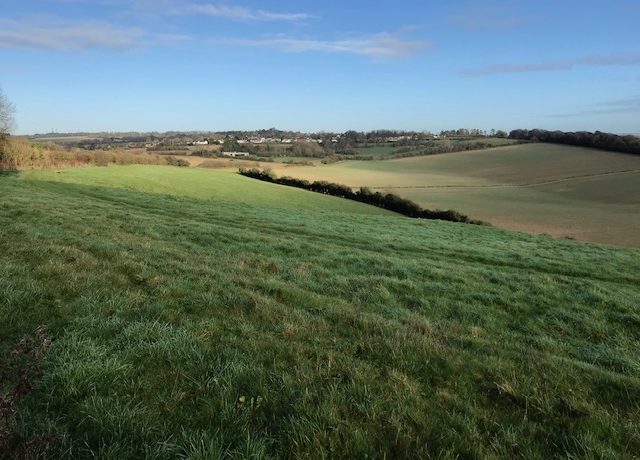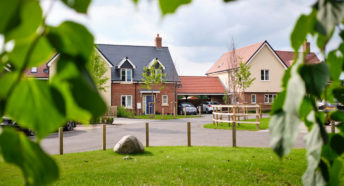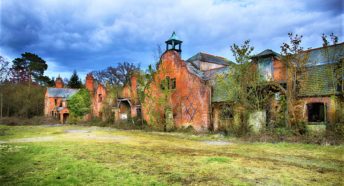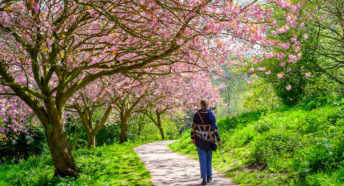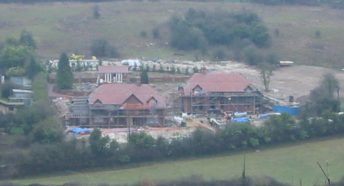Winchester groups say NO to new towns
Three Winchester campaign groups have united to oppose building new towns as a way of delivering Winchester’s housing targets. The Countryside Charity CPRE Hampshire, Save South Winchester Campaign Group (SSWCG) and the Dever Society are urging Winchester City Council to reject building new towns in their new Local Plan.
On 15 February the Council published ‘Your Place Your Plan: Strategic Issues and Priorities Consultation’, the first opportunity for Winchester residents to input to the new Local Plan, the blueprint for development in the District up until the year 2038. New towns are one of four housing options proposed in the paper.
SSWCG Chairman Chris Beddoes said, “We all understand that Winchester District will need to build new homes in the next 15-20 years, but we believe that there is a better and more environmentally friendly option than large scale development or new towns filling the green space between settlements. We hope that Winchester District residents will agree and make their views known in the consultation.”
Dever Society Chairman Tessa Robertson added, “All three groups agree that building new towns on green fields is the worst of the four options proposed in the paper. New towns should have no place in Winchester’s thinking”.
The three groups believe that brownfield, already used or built on land should always be used for development before greenfield sites.
Members of the three campaign groups summarised some of the many reasons why new towns are NOT a good idea for Winchester, or for the environment and the climate:
- Greenfield sites build at low housing densities and are a wasteful use of land.
- New towns need new roads, schools, health care, electricity, water, sewage and other carbon heavy services. Building these has major adverse implications for the environment and the Council’s Carbon Neutrality Action Plan.
- Building on countryside degrades biodiversity by destroying and fragmenting habitats and causing noise, air and light pollution.
- Green fields provide critical benefits such as water, food, flood control, leisure and carbon capture and storage. And they are hugely important to people’s health and mental wellbeing.
- New towns encourage car use and their layouts often work against walking and cycling. Even those near public transport invariably end up as car-dependent developments.
- Large greenfield developments take a long time to build. The three groups point to the example of Kings Barton, which has so far built fewer than 300 of its 2,000 homes.
- New towns promise but rarely deliver significant numbers of homes that are genuinely affordable to local people, as big housebuilders plead that costly new infrastructure makes this unviable. 1,400 of the 3,500 homes planned for North Whiteley should have been affordable; now only 875 affordable homes are being built, and 350 of these are not even on site, but will be built off-site.
The groups are working on their responses to the consultation and will share their thinking and advice by the end of March, in good time for the deadline on 12th April.
Caroline Dibden, Vice-President of CPRE Hampshire, concluded, “We think there is a better alternative option which focuses firstly on brownfield and previously developed land in the larger settlements. This would meet the Council’s own aspirations to minimise the district’s carbon footprint, something we all support.”
All three representatives will be speaking at the virtual “demo” on 28th February. You can book a place to hear more on https://sswdemo.eventbrite.com.
